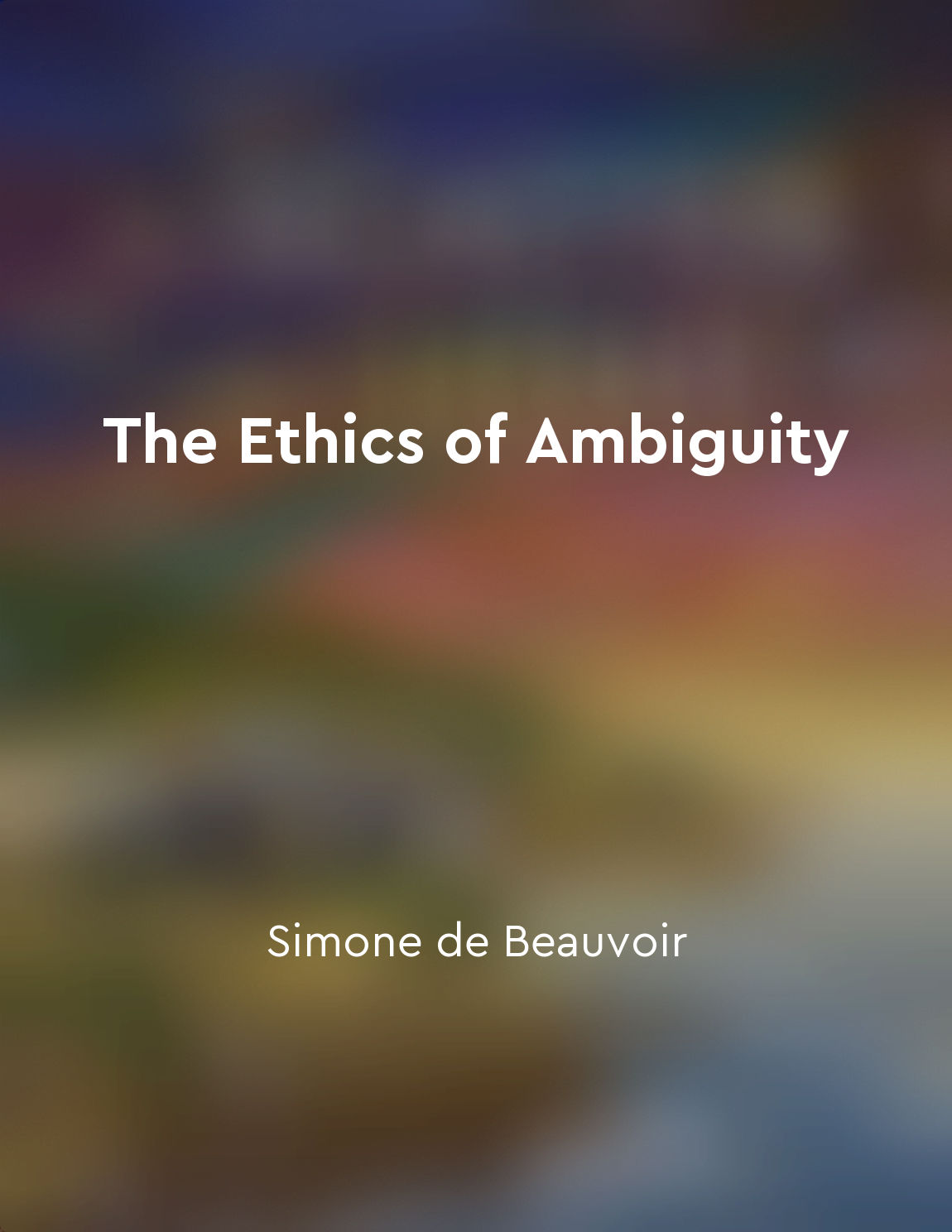Intuitions come first, strategic reasoning second from "summary" of The Righteous Mind by Jonathan Haidt
According to Haidt, humans are not primarily rational beings who weigh evidence and make decisions based on careful deliberation. Instead, our moral judgments are driven by intuition, with reasoning coming into play only afterwards to justify our initial gut reactions. This idea challenges the common belief that people use reason to reach moral conclusions. When faced with a moral dilemma, our intuitions kick in first, shaping our immediate response before we even have a chance to engage in conscious reasoning. These intuitions are often influenced by our emotions, social upbringing, and cultural background. They are quick, automatic, and powerful, guiding us towards a particular moral stance without us being fully aware of the process. After our intuitions have set the stage, our strategic reasoning comes into play. This reasoning serves to provide post hoc justifications for the moral ju...Similar Posts

Faith should not be seen as a virtue
In the eyes of many believers, faith is considered a virtue. It is often seen as a positive quality, something to be admired an...

Authenticity requires constant selfexamination
The concept of authenticity necessitates a continual process of self-examination. To be authentic means to constantly question ...

Representativeness bias leads to stereotyping
Representativeness bias is a cognitive shortcut that leads us to make judgments based on how closely an object or event resembl...
Fair equality of opportunity
Fair equality of opportunity is a key principle in the distribution of social goods and opportunities within a just society. Th...
Stress can have a significant impact on our behavior
When stress comes at you, it engages the sympathetic nervous system, releasing adrenaline. This prepares you for a fight-or-fli...
Training can help minimize the impact of biases
Training plays a crucial role in helping individuals recognize and overcome their cognitive biases. By providing individuals wi...
Faith in God can enrich our understanding of the natural world
In the pursuit of scientific knowledge, we often encounter the natural world's mysteries that leave us in awe of its complexity...
Good will as the highest good
In the realm of morality, the concept of good will stands above all other considerations. Kant argues that good will is the onl...

Morality is a reflection of individual values and cultural norms
In considering the nature of morality, one must acknowledge the intricate interplay between individual values and cultural norm...
Good and evil determined by values
Values play a fundamental role in shaping our understanding of good and evil. It is through our values that we are able to disc...
